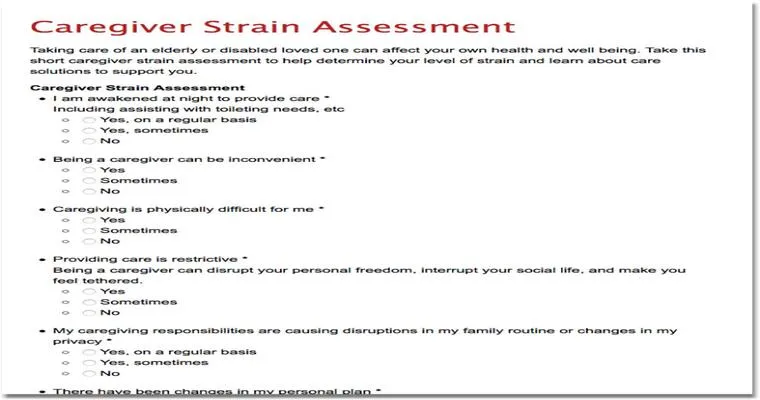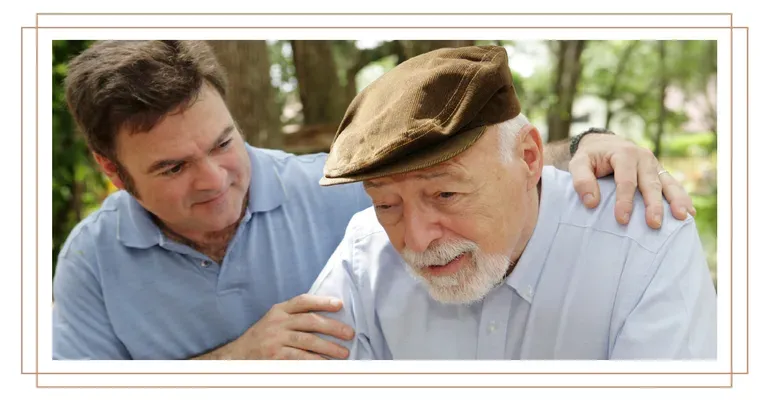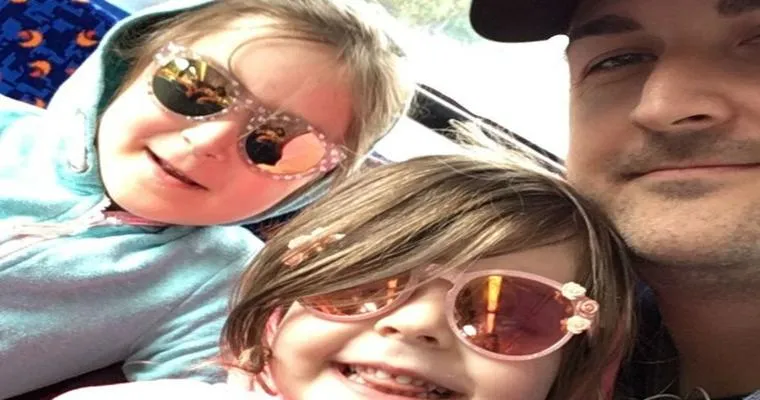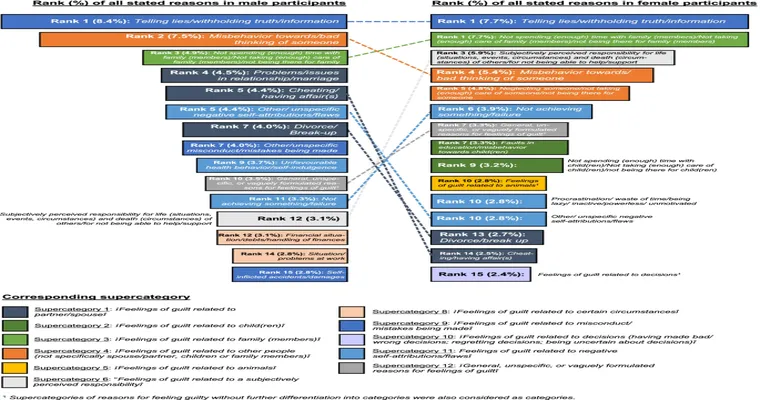Being a caregiver is one of the most rewarding yet challenging roles one can undertake. However, along with the profound sense of duty and love, many caregivers experience "guilt", a feeling that can be both overwhelming and isolating. This "caregiver's guilt" often stems from the pressures of balancing personal life, emotional well-being, and the needs of those they care for. Understanding this complex emotion is crucial for anyone in a caregiving role.
Caregiver's guilt can manifest in various ways. For instance, caregivers may feel guilty for taking time for themselves, believing that every moment spent away from their loved one is a moment wasted. This can lead to "burnout", a state of physical, emotional, and mental exhaustion that can severely affect both the caregiver and the person receiving care. The feeling of guilt can also arise from the belief that they are not doing enough, whether it’s providing adequate care, managing finances, or simply being emotionally available.
It is essential for caregivers to recognize that feeling guilty is a common experience. Many struggle with the notion that they should be able to manage everything without assistance. However, seeking help is not a sign of weakness; rather, it is a crucial step towards maintaining one’s health and well-being. Joining support groups or speaking with a counselor can provide the necessary tools to cope with these feelings and foster a healthier mindset.
Another aspect of caregiver's guilt is the conflict between personal desires and caregiving responsibilities. Caregivers may have to sacrifice their own plans, hobbies, or social interactions, leading to feelings of resentment and frustration. It’s important to remember that caregivers are human too and deserve to prioritize their own needs. Setting boundaries and scheduling regular breaks can alleviate some of the pressure and guilt associated with caregiving.
Practicing self-compassion is a vital strategy for overcoming caregiver's guilt. Caregivers should remind themselves that they are doing their best under challenging circumstances. Acknowledging achievements, no matter how small, can help shift focus from guilt to gratitude. Celebrating progress and recognizing the positive impact of their care can also reinforce a caregiver’s sense of purpose.
In conclusion, "caregiver's guilt" is a prevalent issue that many face while caring for loved ones. By understanding the root causes of this guilt and implementing strategies to manage it, caregivers can find a healthier balance between their responsibilities and their personal lives. Remember that it is okay to seek help, take breaks, and prioritize self-care. By doing so, caregivers not only enhance their own well-being but also improve the quality of care they provide to those they love.





